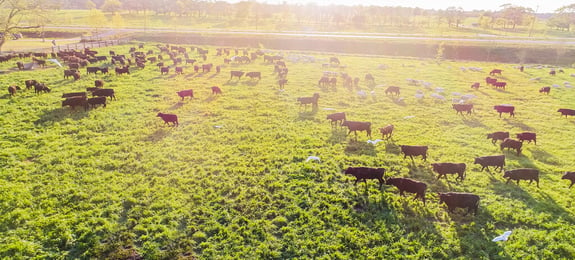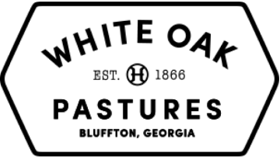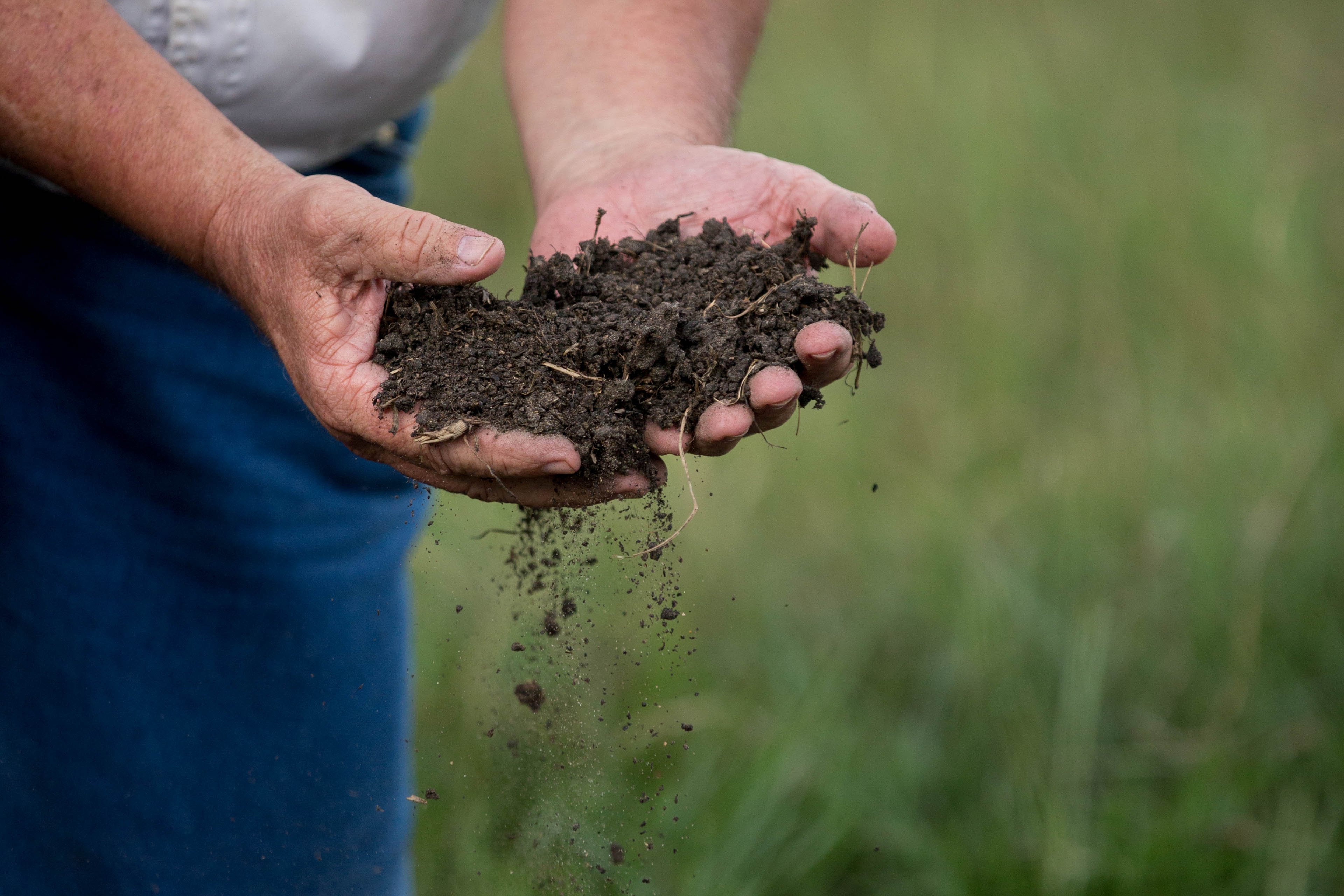
We’ve broken more than just the carbon cycle
A lot of messaging nowadays in the eco-conscious world is highlighting carbon sequestration above all else.
I think that we have focused on the carbon cycle because carbon is (relatively) easier to measure and quantify than any of the other cycles. It is a metric that you can use to show improvement, or degradation.
However, being easy to measure ain’t the same as being important. Too many folks are talking about sequestering carbon as if it is the end game.
It’s not enough to say, “if we can suck enough carbon out of the atmosphere, everything else will just work out”.
The other cycles of Nature should be just as familiar as the carbon cycle. All of the cycles of Nature are essential. You cannot have a healthy ecosystem if any of the cycles of Nature aren’t operating properly.
Sequestering carbon is, hopefully, the result of the carbon cycle operating better, and hopefully an indicator that all of the cycles are operating better.
But regenerative agriculture isn’t only all about carbon. The carbon cycle isn’t the only cycle that industrial agriculture has broken. We’ve made a lot more screw-ups than that.
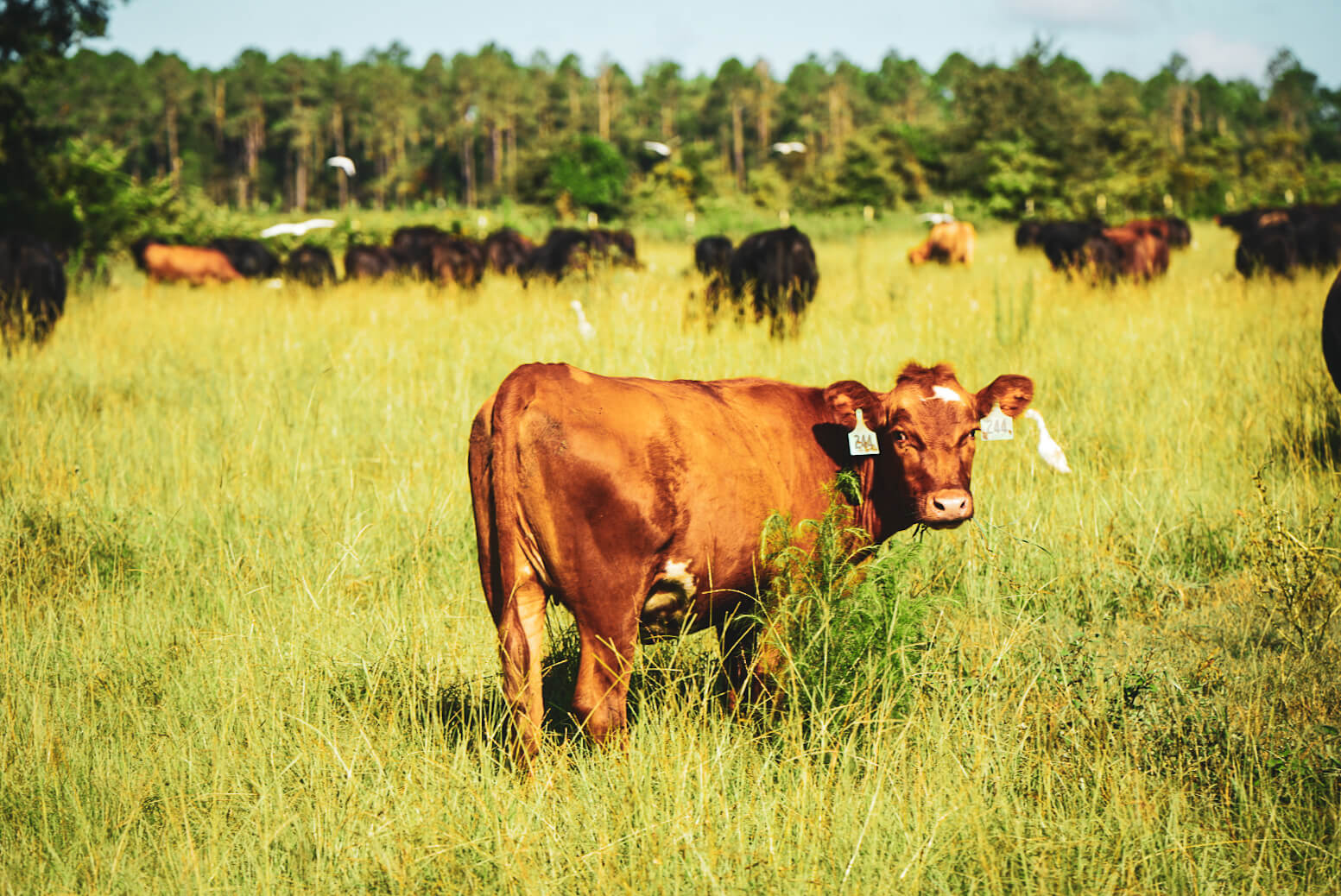
Considering all the cycles of Nature
Environmentally-friendly products are now promoting their “carbon negative” or “climate positive” carbon footprint. The public discussions about the benefits of resilient food production and regenerative land management have become all about carbon.
Soon enough, there will probably be yet another certification for being some type of “carbon negative”, and eventually greenwashing companies will find a way to slap it on their product.
White Oak Pastures should be trying to move the focus to carbon harder than anyone. We already have a third-party scientific study that proves that our farm is a carbon sink. We know that the way that we manage our land and herd helps to mitigate climate change.
Farmers should be paid for the Ecological Services that we provide that benefits the greater community. That is the only way that farmers will be able to provide these services at a scale that is high enough to be meaningful.
But please, don't let carbon be the only consideration. A functioning carbon cycle is an essential component that is necessary to have a healthy ecosystem, but it takes a lot more. It’s just one factor among many.
We also want to point to the other cycles and metrics that are necessary to give the Earth time to heal. All of the cycles of Nature must be functioning.
Regenerative land management is about restarting the cycles of Nature that industrial farming has broken. To understand a company’s impact on the environment, there are multiple natural cycles that are critically important for a consumer to consider:
- The Carbon Cycle
- The Energy Cycle
- The Water Cycle
- The Mineral Cycle
- The Microbial Cycle
- The Community Dynamics that tie these cycles together
- (And there are probably many more cycles occurring than we even recognize)
At White Oak Pastures, we prioritize the health of all of these cycles. You can read about our practices in detail in this lengthy blog post.
Many products and companies tend to focus exclusively on the carbon cycle. While that is an important piece, Nature is a complex system, and cycles aren’t isolated. Nothing is regenerative unless it restores all of Nature’s cycles.
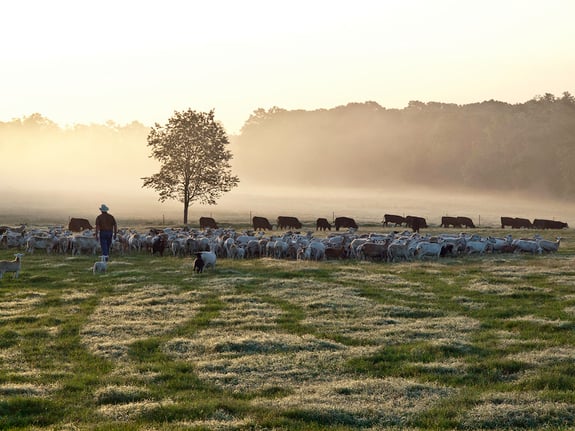
What should conscious consumers look for?
You are making conscious choices about who you support with your food dollars. So where does this leave you as a consumer?
Doing the right thing for our planet is not easy for conscientious customers, because you cannot depend upon certifications and labels. These decision-making tools have been hijacked, and many are pretty much meaningless.
It is now necessary for consumers to ask the hard questions to the people who grow your food. Only then can you know that you are supporting a production system that you want to flourish.
